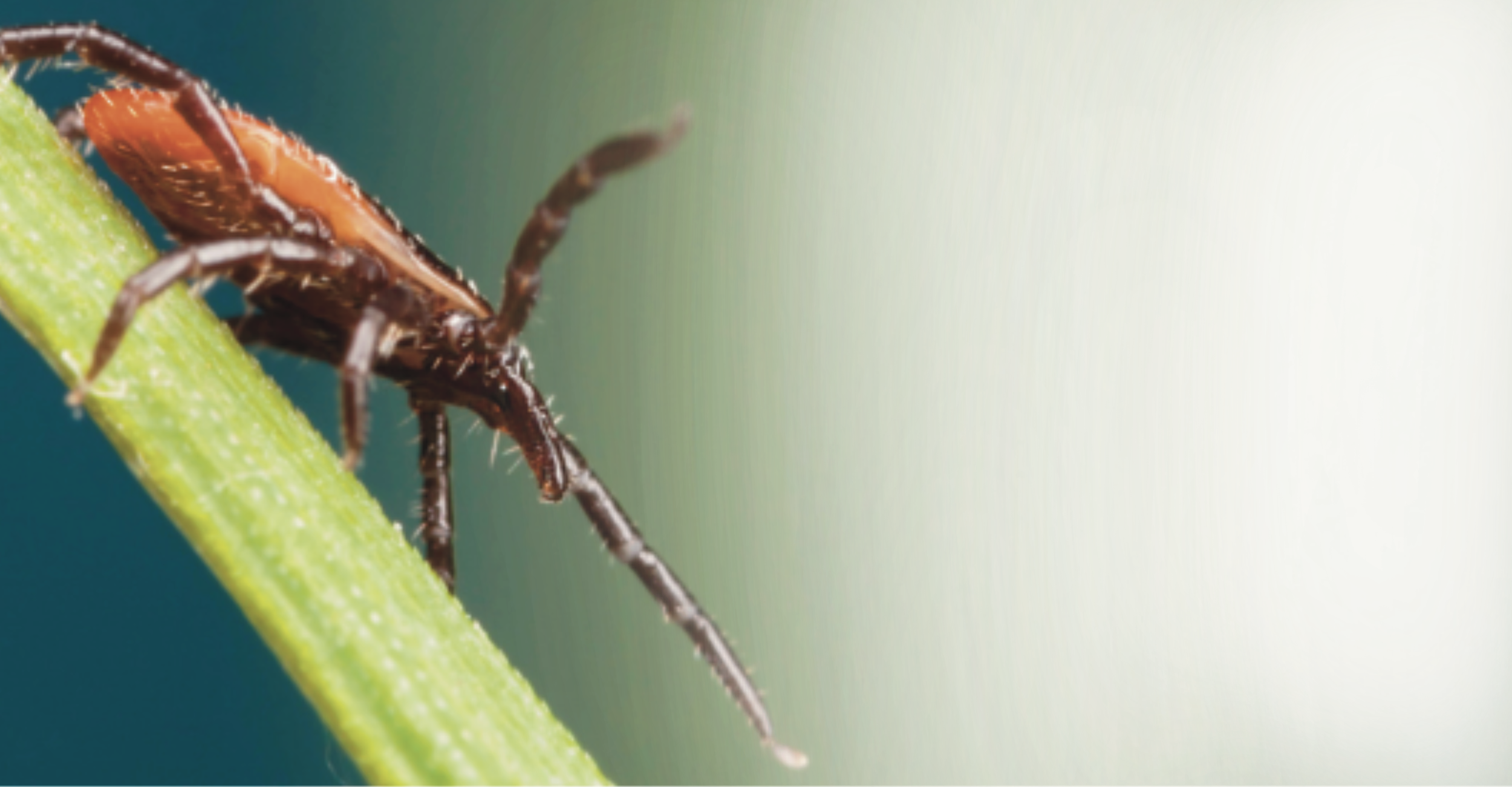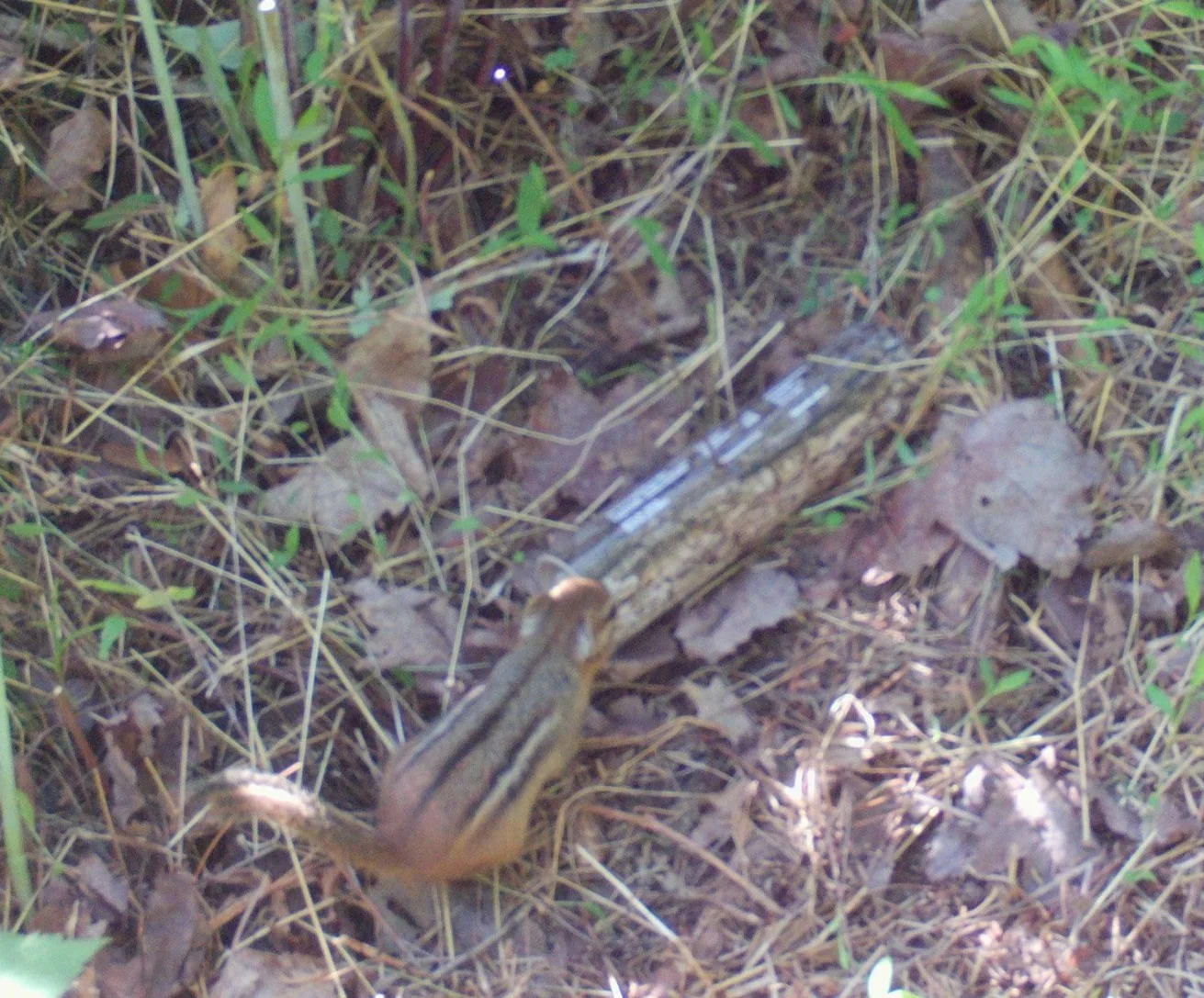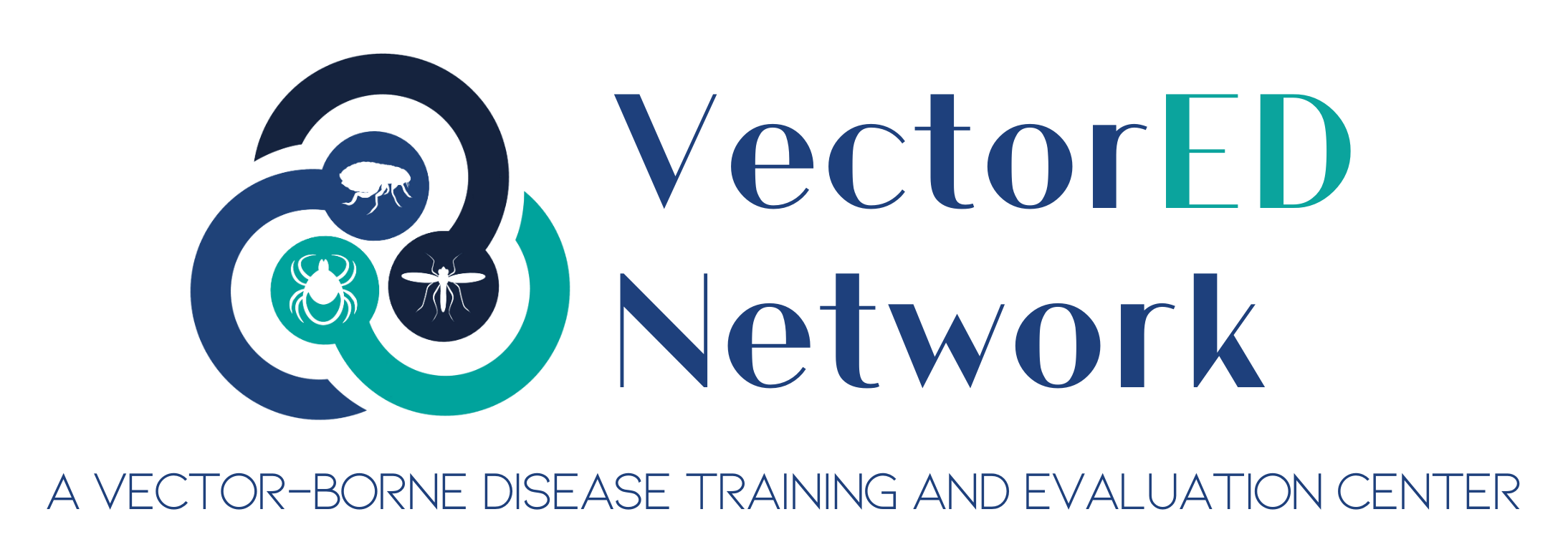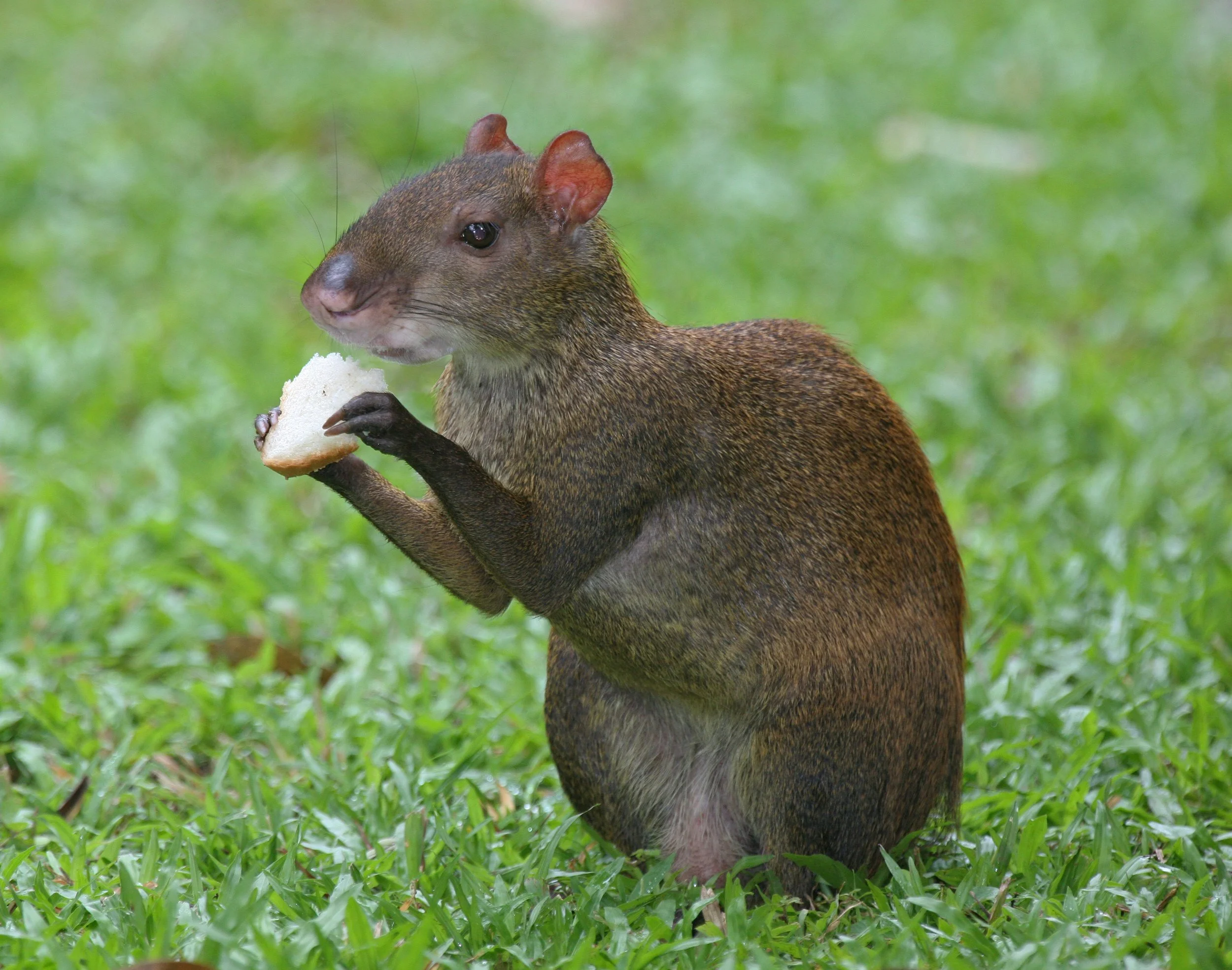Togeher, we can do more to fight ticks, mosquitoes, and vector-borne disease
Donations to the Machtinger Lab will drive vital research in veterinary entomology, focusing on ticks and vector-borne disease control and education. Your contributions will fuel innovative strategies for effective tick management, intervention development, and public awareness campaigns. Together, we will make substantial strides in safeguarding animal and human health from the threat of vector-borne diseases. Join us in creating a healthier, safer future through your support.
Projects you could empower with your generous donation
A chipmunk interacting with a tick control tube. These tubes can be purchased and used by home owners to reduce ticks on rodents. Photo courtesy Kylie Green
Evaluating, Improving, and Developing Tick Control Options
Ticks can spread pathogens causing diseases to humans and animals. Unfortunately, current ways to control them fall short of expectations. One problem is that there aren't many options to choose from. Using chemicals to kill ticks can harm the environment and other animals unintentionally. Also, some control methods work for certain types of ticks but not for others, making it hard to manage them all. We also know surprisingly little about tick behavior and biology which makes it challenging to come up with new ways to control them.
We are working with established companies to evaluate commercially available tick control options and improve their use. We are also evaluating tick and host relationships to better understand when and how we can better target ticks to reduce numbers or interrupt disease cycles.
Improving Vector-borne Disease Education and Training Through the VectorED Network
The VectorED Network was created to train and educate people about preventing and controlling diseases carried by vectors like ticks and mosquitoes. We're partnering with academic, government, and local institutions to strengthen our efforts in the Mid-Atlantic and Ohio River Valley regions.
We believe the groundwork for better training and education on these diseases is already laid out, but we need to expand and connect it for a more organized approach. We have strong partners like universities, public health agencies, and veterinary groups in at-risk communities that help us educate people about vector-borne diseases.
An agouti in Belize. Agouti are one of the many rodents that may be found in agroforestry systems. Photo courtesey Tomfriedel




